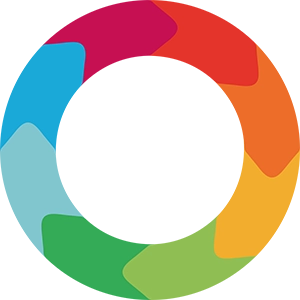Our students actively used the common language of essential skills, which became an integral part of our academic and extracurricular culture. To reinforce this, we displayed visual reminders across campus—two movable standees, five flex banners, and printed copies of the 8 essential skills on classroom notice boards. Skill-specific banners were also used during targeted sessions.
We regularly shared skill content through WhatsApp groups across programs, ensuring both faculty and students had a clear understanding of the framework. The terminology was embedded into co-curricular and extracurricular activities, helping students connect their actions to real-world skills like teamwork, leadership, and creativity.To enrich sessions, we used Hub tools, YouTube content, and case discussions, and inspired learners through impactful films such as Ek Ruka Hua Faisla, Mission Mangal, and MS Dhoni, followed by reflective discussions. Assignments included poster-making, video creation, and awareness campaigns to foster creativity. We also introduced problem-solving tasks based on clinical and ethical scenarios, building critical thinking and decision-making abilities. This combination of structured sessions, multimedia engagement, and real-life applications made skill-building dynamic, relatable, and central to students’ personal and professional growth.
























